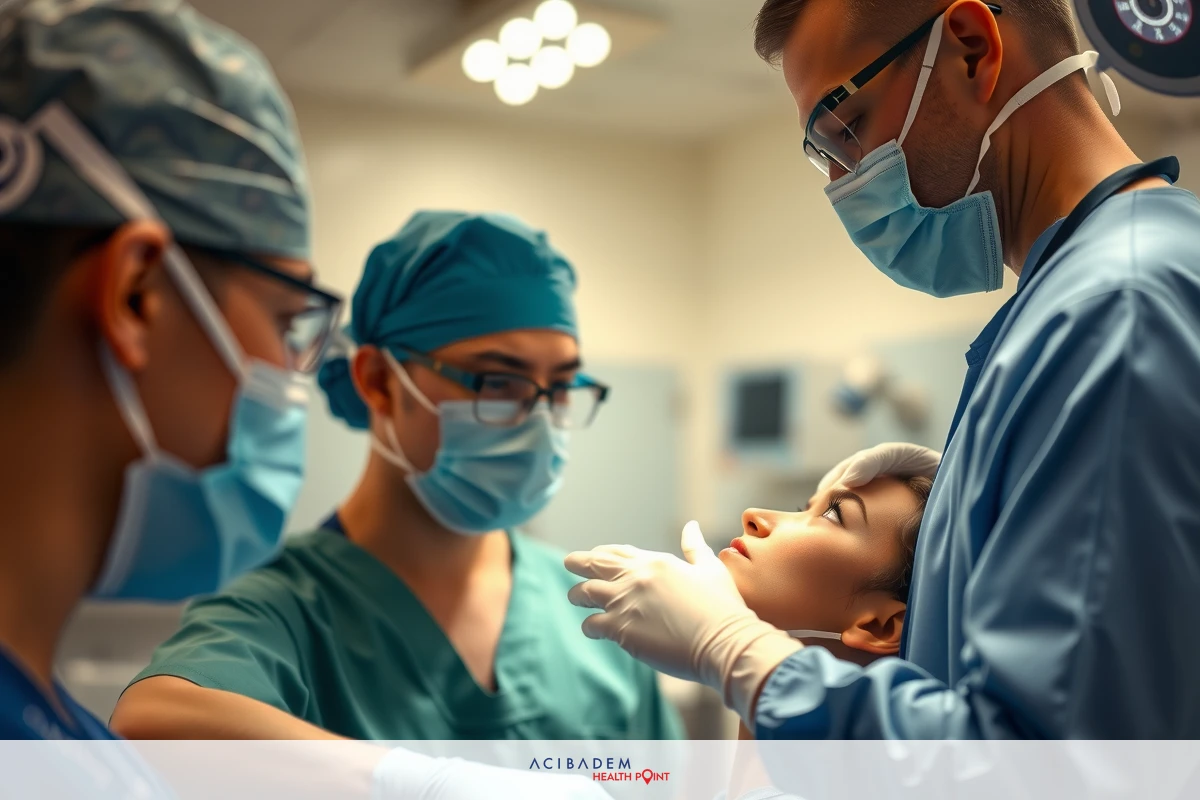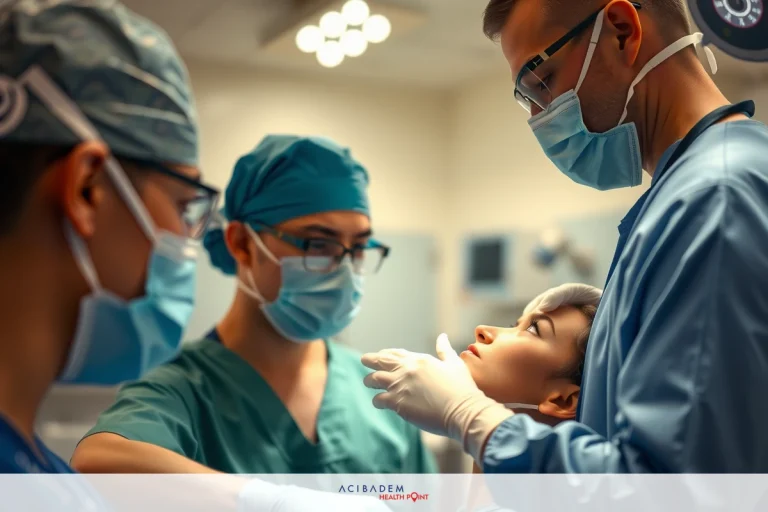Is High Cleansing Necessary for a Simple Nose Surgery?
Is High Cleansing Necessary for a Simple Nose Surgery? Thorough cleansing before any surgical procedure, even a straightforward nose surgery, constitutes a crucial measure in the preparation protocol. It holds a pivotal function in upholding impeccable hygiene standards and diminishing the infection risk by eradicating potentially harmful bacteria from the skin. This is crucial as it creates a clean surgical site, which is instrumental for the success of the surgery.
The importance of thorough cleansing cannot be overstated in achieving a successful outcome in nose surgery. It ensures that the surgical site is as clean as possible, minimizing the chances of complications such as post-operative infections. Effective preparation encompasses not only thorough cleansing but also following your surgeon’s specific instructions, which may include using a certain antiseptic solution. The cleaner the surgical site, the lower the risk of complications, leading to a smoother recovery.
Thorough Cleansing: Ensuring Optimal Hygiene
Thorough cleansing is an essential part of preparation for a simple nose surgery. It involves the complete sterilization of the area around the nose, with special attention given to the nostrils where the procedure will be performed. This process is not just about cleanliness; it plays a pivotal role in ensuring optimal hygiene and maintaining a safe environment for the surgical operation. A high standard of cleanliness reduces the risk of infection, which can complicate the surgery and slow down recovery.
The process of thorough cleansing typically begins at home, a few hours or a day before the surgery. Patients are often advised to wash their face with a mild, non-irritating cleanser and rinse thoroughly. This helps to remove dirt, oils, and bacteria from the skin surface. In some cases, patients may be asked to use a specific antiseptic solution provided by their surgeon or healthcare provider. This solution is designed to kill bacteria and other potentially harmful microorganisms on the skin, further reducing the risk of post-surgical infection.
When it comes to optimal hygiene for nose surgery, thorough cleansing extends beyond just the patient. The surgical team also follows strict protocols for hand hygiene and wears sterile clothing to ensure they do not introduce any contaminants into the surgical site. Instruments used during the procedure are sterilized using high-temperature steam or chemical sterilants. Even the surgical room undergoes deep cleaning and sterilization before and after each procedure. All these measures combined contribute to creating an environment that promotes healing and minimizes potential complications during and after surgery.
Effective Preparation: Clean Surgical Site
There’s no doubt that nose surgery, although considered simple, requires an effective preparation strategy to ensure a clean surgical site. The cleanliness of the surgical site is paramount in preventing complications such as surgical site infections (SSIs), which can significantly affect the outcome of the procedure and the patient’s recovery time. Effective preparation involves a series of steps taken by both the medical team and the patient to minimize the risk of contamination at the surgical site.
For the patient, preparation for a clean surgical site begins days before the actual procedure. They might be instructed to maintain good personal hygiene, avoid touching or picking their nose, and use prescribed antiseptic cleansers. It’s crucial for patients to follow these instructions meticulously. On the day of the surgery, they may also be asked to refrain from applying any cosmetic products on their face to further reduce the risk of introducing contaminants into the surgical site.

Medical professionals also have a significant role to play in ensuring a clean surgical site. Prior to the commencement of the surgery, they conduct a thorough sterilization process of all equipment and instruments that will be used during the operation. This involves cleaning with disinfectant solutions and sterilizing through heat or radiation techniques. The operating room is also prepared meticulously with stringent cleaning procedures to eliminate potential sources of contamination. Professional attire like scrubs, gloves, masks, and eye protection are worn by all members of the surgical team to maintain sterility throughout the procedure. Thus, through collaborative efforts from both parties involved, effective preparation ensures a clean surgical site – setting a solid foundation for a successful nose surgery.
Frequently Asked Questions
Is high cleansing necessary for all types of nose surgeries?
Thorough cleansing is generally recommended for all types of nose surgeries to ensure optimal hygiene and reduce the risk of infection. It is an important step in preparing the surgical site and creating a clean environment for the procedure.
What does thorough cleansing involve?
Thorough cleansing typically involves washing the surgical site with a mild antiseptic solution as instructed by your surgeon. This helps remove bacteria and other impurities from the skin, reducing the risk of contamination during the surgery.
Can I use any cleanser for pre-operative cleansing?
It is important to follow your surgeon's instructions regarding the specific cleanser to use for pre-operative cleansing. They may recommend a particular antiseptic solution that is safe and effective for your case. Using the recommended cleanser ensures optimal results and minimizes the risk of adverse reactions.
How does effective preparation contribute to a clean surgical site?
Effective preparation, including thorough cleansing, helps create an environment that minimizes the presence of bacteria and reduces the risk of infection. A clean surgical site is crucial for successful nose surgery as it promotes proper healing and reduces the chances of post-operative complications.
What happens if I don't cleanse properly before a simple nose surgery?
Failure to cleanse properly before a simple nose surgery can increase the risk of infection and other complications. Thorough cleansing is an essential step in preventing contaminants from entering the surgical site, ensuring a safer procedure and better outcomes. It is crucial to follow your surgeon's instructions to ensure the best possible outcome. We want to underscore that the information furnished in these responses is of a general nature and may vary depending on individual situations. Seeking advice and guidance from your healthcare team is essential to ensure personalized recommendations that cater to your specific requirements.











